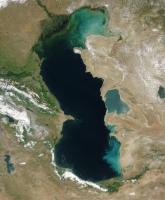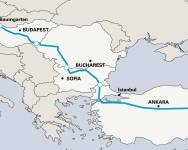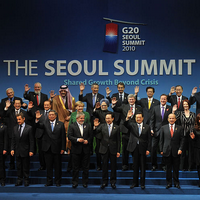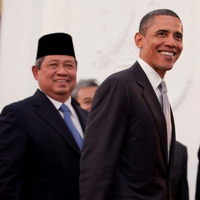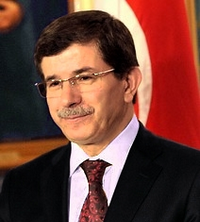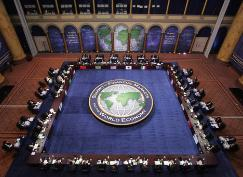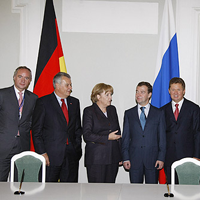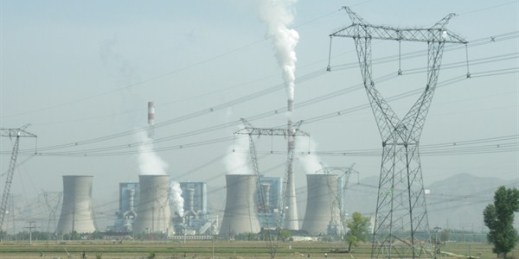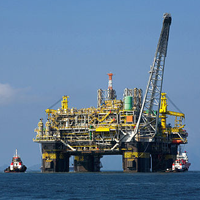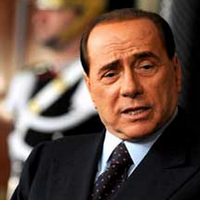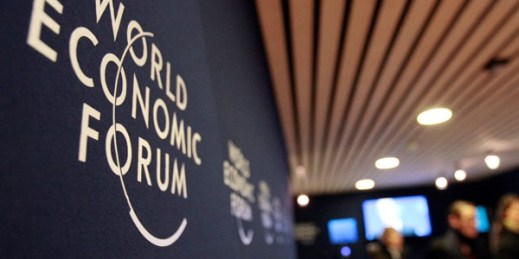
Editor’s note: The following article is one of 30 that we’ve selected from our archives to celebrate World Politics Review’s 15th anniversary. You can find the full collection here. Globalization holds out the prospect that the world might become a single place, but the resulting integration is often perceived as increased sameness through new information technologies and the spread of consumer culture. In this vision, whether defined as cultural imperialism, Americanization, or the triumph of market capitalism, global culture tends to be seen as an imposed uniformity and the demise of local cultures. Globalization becomes the arch destroyer of long-sedimented traditions […]




